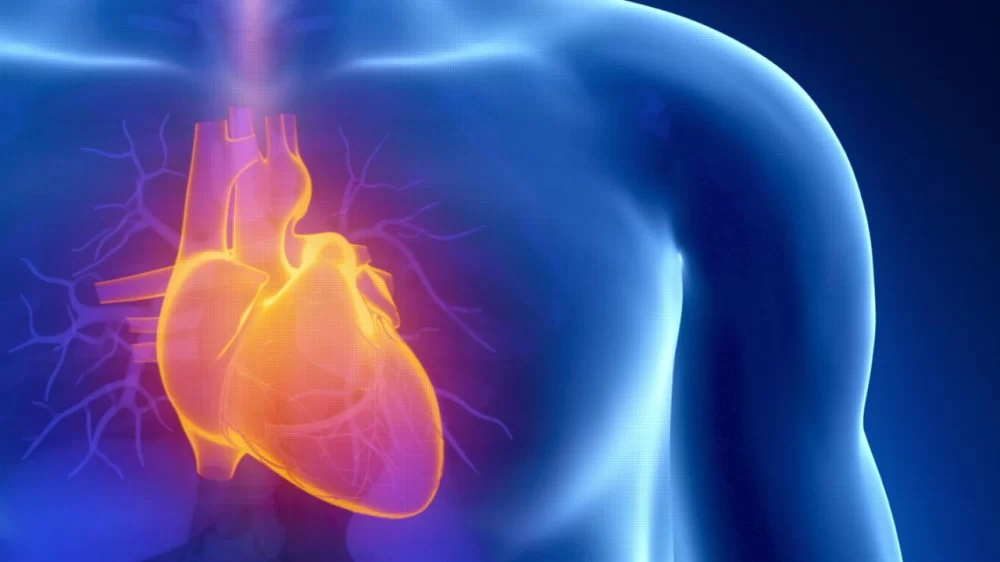Heart Disease and Sleep Apnea: Key Insights and How They Affect Your Health
- The Connection Between Heart Disease and Sleep Apnea
- How Sleep Apnea Affects Cardiovascular Health
- Real-Life Examples and Implications
- Treatment Options for Sleep Apnea and Heart Disease
- Take Action for Better Health
1. The Connection Between Heart Disease and Sleep Apnea
Heart disease and sleep apnea are two major health issues that can significantly impact a person’s well-being. Studies have shown that individuals with sleep apnea are at a higher risk of developing cardiovascular problems such as high blood pressure, heart attack, and stroke. The connection between these two conditions is complex, but it is clear that sleep apnea, which causes frequent interruptions in breathing during sleep, places additional strain on the heart. The oxygen deprivation during these episodes can lead to increased blood pressure and other adverse effects on the heart, exacerbating existing heart conditions.
2. How Sleep Apnea Affects Cardiovascular Health
Sleep apnea disrupts the natural sleep cycle, leading to episodes where the airway becomes blocked, and breathing stops temporarily. Each interruption in breathing causes a decrease in oxygen levels in the blood, which signals the body to release stress hormones like adrenaline. These hormones cause the heart to beat faster and blood pressure to rise, putting additional pressure on the cardiovascular system. Over time, this chronic stress can lead to serious health conditions like congestive heart failure, arrhythmias, and an increased risk of coronary artery disease.
3. Real-Life Examples and Implications
Take the case of John, a 55-year-old man who had been struggling with sleep apnea for years. John had never connected his frequent fatigue and daytime sleepiness to his cardiovascular health issues. It wasn't until he had a heart attack that his doctor linked his untreated sleep apnea to his heart condition. This scenario is not uncommon; many people with undiagnosed or untreated sleep apnea may be unknowingly increasing their risk of heart disease. It's important for individuals to recognize the symptoms of sleep apnea—such as snoring, gasping for air during sleep, and feeling excessively tired during the day—and seek medical advice as soon as possible.
4. Treatment Options for Sleep Apnea and Heart Disease
Fortunately, both heart disease and sleep apnea are treatable. For sleep apnea, the most common treatment is the use of a Continuous Positive Airway Pressure (CPAP) machine, which helps keep the airways open during sleep. This treatment not only helps improve sleep quality but also reduces the strain on the heart. For individuals with cardiovascular conditions, managing blood pressure and cholesterol levels is crucial. Medications, lifestyle changes like exercise and diet, and in some cases, surgical procedures may be recommended to manage heart disease. It’s important to work closely with healthcare providers to address both conditions simultaneously, as treating one can often improve the other.
5. Take Action for Better Health
If you suspect you might have sleep apnea or have been diagnosed with heart disease, it’s time to take action. Regular check-ups, sleep studies, and monitoring of cardiovascular health are essential. Don’t wait for a serious health scare to make changes—start by consulting with a healthcare professional who specializes in sleep medicine and cardiology. Your heart and overall health will thank you for it.
Understanding the connection between heart disease and sleep apnea is critical for preventing and managing these conditions. By taking the necessary steps to treat sleep apnea, you not only improve your sleep quality but also protect your heart from unnecessary strain. If you're ready to take control of your health, consider exploring treatment options that can help you manage both sleep apnea and heart disease effectively. Your heart and sleep are both worth it!





















